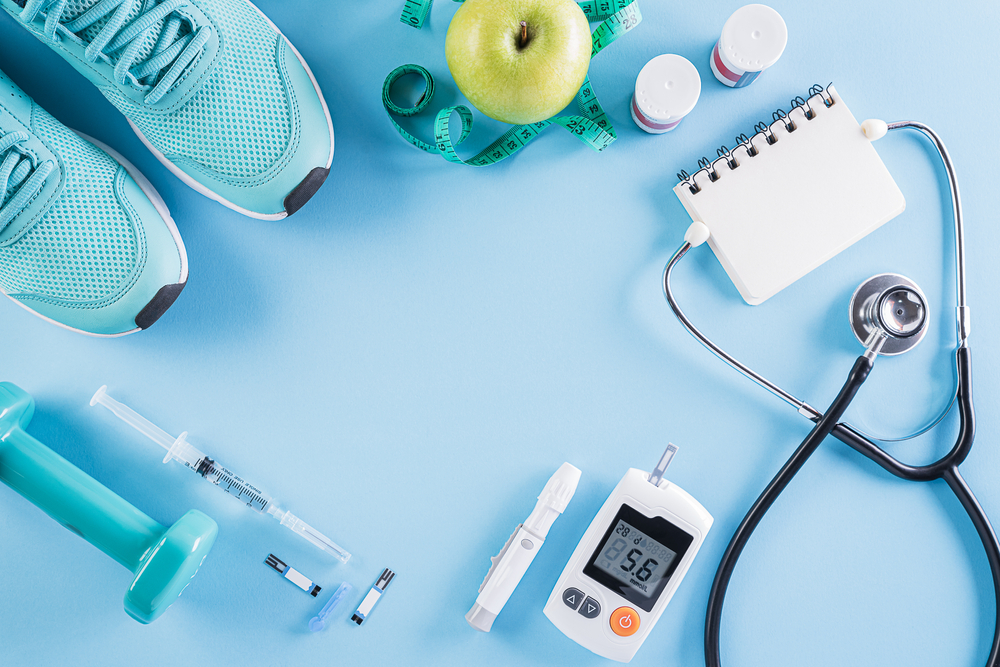
Diabetes is a disease that affects your body’s ability to use blood glucose (sugar). If uncontrolled, diabetes results in excessively high levels of blood glucose. Over time, high blood glucose levels damage vital organs and cause serious complications, which include:
Moreover, people with diabetes are more likely to develop severe COVID-19. Their treatment also becomes more difficult due to fluctuations in blood glucose levels and the possible presence of diabetes complications such as heart and kidney disease, among others. High blood sugar levels can also worsen inflammation (internal swelling) in people with diabetes who get sick with COVID-19. In turn, the increased inflammation could cause more severe complications.

The good news is you can take steps to prevent or lower your risk for diabetes:
Consult your doctor for more information on diabetes prevention.
Shop at Watsons for your diabetes medications and dietary supplements..
References:
https://www.mayoclinic.org/diseases-conditions/diabetes/symptoms-causes/syc-20371444. Accessed 13 October 2021 https://www.webmd.com/diabetes/guide/diabetes-basics. Accessed 13 October 2021 https://www.cdc.gov/coronavirus/2019-ncov/need-extra-precautions/people-with-medical-conditions.html. Accessed 13 October 2021 https://www.idf.org/aboutdiabetes/what-is-diabetes/covid-19-and-diabetes/1-covid-19-and-diabetes.html. Accessed 13 October 2021 https://www.diabetes.org/coronavirus-covid-19/how-coronavirus-impacts-people-with-diabetes. Accessed 13 October 2021 https://www.mayoclinic.org/diseases-conditions/type-2-diabetes/in-depth/diabetes-prevention/art-20047639. Accessed 13 October 2021 https://www.healthline.com/health/type-2-diabetes/herbs-supplements. Accessed 24 November 2021
Cerebrovascular diseases, which include stroke or brain attack, are the third leading cause of death in the country in 2022 […]
Blood pressure (BP) is the pressure exerted by the blood as it pushes against the walls of our arteries, which […]
Overweight and obesity are defined as abnormal or excessive fat accumulation that presents a risk to health. A body mass […]